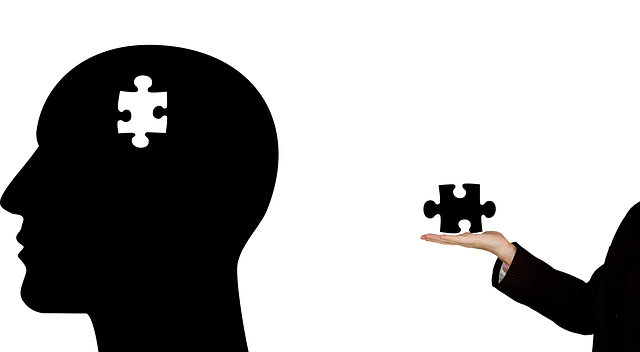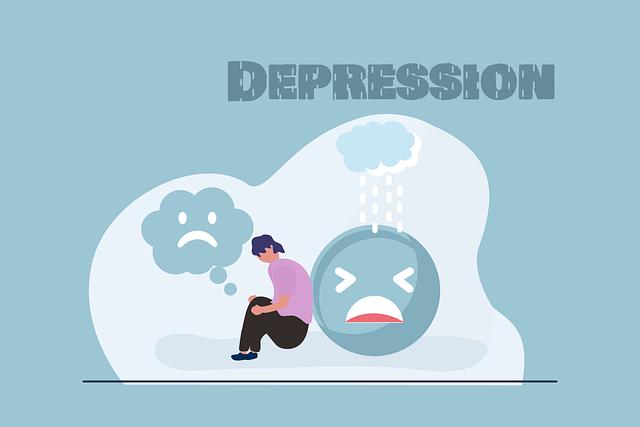In a diverse society, culturally sensitive mental healthcare is essential for all clients. Broomfield Dialectical Behavioral Therapy (DBT) provides an effective approach by integrating cultural understanding with evidence-based techniques to address emotional challenges. DBT combines cognitive-behavioral methods and mindfulness practices tailored to each client's unique cultural background, reducing stigma and enhancing treatment engagement through safety and trust. This specialized therapy, coupled with mental health policy advocacy, fosters inclusive and accessible care for diverse communities.
Cultural sensitivity is an essential aspect of mental healthcare, ensuring equitable and effective treatment for all. This article explores the critical role of understanding cultural nuances in therapeutic practices, with a specific focus on Broomfield Dialectical Behavioral Therapy (DBT). We will delve into how DBT adapts to diverse cultural contexts and provide strategies for mental health professionals to foster culturally responsive care. By recognizing and addressing cultural sensitivity, we can improve patient outcomes and create more inclusive healthcare environments.
- Understanding Cultural Sensitivity in Mental Healthcare
- Broomfield Dialectical Behavioral Therapy (DBT) and Its Role
- Strategies for Culturally Responsive Practice
Understanding Cultural Sensitivity in Mental Healthcare

Understanding Cultural Sensitivity in Mental Healthcare involves recognizing and appreciating the diverse cultural backgrounds and beliefs of individuals seeking support for their mental health issues. In a society as diverse as ours, it’s crucial for healthcare providers to incorporate cultural sensitivity into their practice, including Broomfield Dialectical Behavioral Therapy (DBT). This approach ensures that therapy is accessible and effective for all clients, regardless of their cultural heritage.
Cultural sensitivity requires mental health professionals to go beyond language translation and embrace a deeper understanding of different cultural perspectives on mental illness, healing, and expression. It involves tailoring therapy sessions, interventions, and risk assessments (for mental health professionals) based on these differences. Crisis intervention guidance and mind over matter principles can be integrated into culturally sensitive practice, offering clients tools that resonate with their unique backgrounds while empowering them to manage their mental well-being effectively.
Broomfield Dialectical Behavioral Therapy (DBT) and Its Role

Broomfield Dialectical Behavioral Therapy (DBT) offers a unique and highly effective approach to mental healthcare, especially in addressing complex emotional challenges. This therapy model, developed by Dr. Marsha Linehan, focuses on fostering inner strength development while promoting healthy coping mechanisms. By combining cognitive-behavioral techniques with mindfulness practices, DBT helps individuals navigate and manage intense emotions, reduce suicidal behaviors, and alleviate symptoms associated with various mental illnesses.
One of the key strengths of Broomfield DBT lies in its ability to challenge cultural sensitivities and stigma reduction efforts surrounding mental illness. Through structured group therapy sessions and individual support, clients learn to understand and accept their experiences without judgment. This inclusive environment encourages open discussions, fostering a sense of belonging and encouraging depression prevention strategies tailored to each person’s unique background and needs.
Strategies for Culturally Responsive Practice

Incorporating cultural sensitivity into mental healthcare practice is a multifaceted approach that requires continuous learning and adaptation. One effective strategy for culturally responsive therapy is Broomfield Dialectical Behavioral Therapy (DBT), which emphasizes understanding and validating a client’s cultural context while providing evidence-based skills for emotional regulation and distress tolerance. This therapeutic framework allows practitioners to meet individuals where they are, fostering a sense of safety and trust that can enhance treatment engagement.
Additionally, Mental Health Policy Analysis and Advocacy plays a crucial role in promoting culturally sensitive care by shaping systems and structures that support diverse communities. By engaging in policy work, mental health professionals can contribute to Burnout Prevention by ensuring resources are allocated equitably and that Crisis Intervention Guidance is tailored to address the unique needs of different cultural groups. These efforts collectively work towards creating a more inclusive and effective mental healthcare system.
Cultural sensitivity is a cornerstone of effective mental healthcare, ensuring that all individuals receive treatment tailored to their unique backgrounds. By integrating strategies like Broomfield Dialectical Behavioral Therapy (DBT), practitioners can foster culturally responsive environments. This approach not only enhances therapy outcomes but also promotes understanding and empathy between diverse communities and healthcare providers. Through continuous learning and adaptation, the field of mental healthcare can better address the complex needs of a global population.













